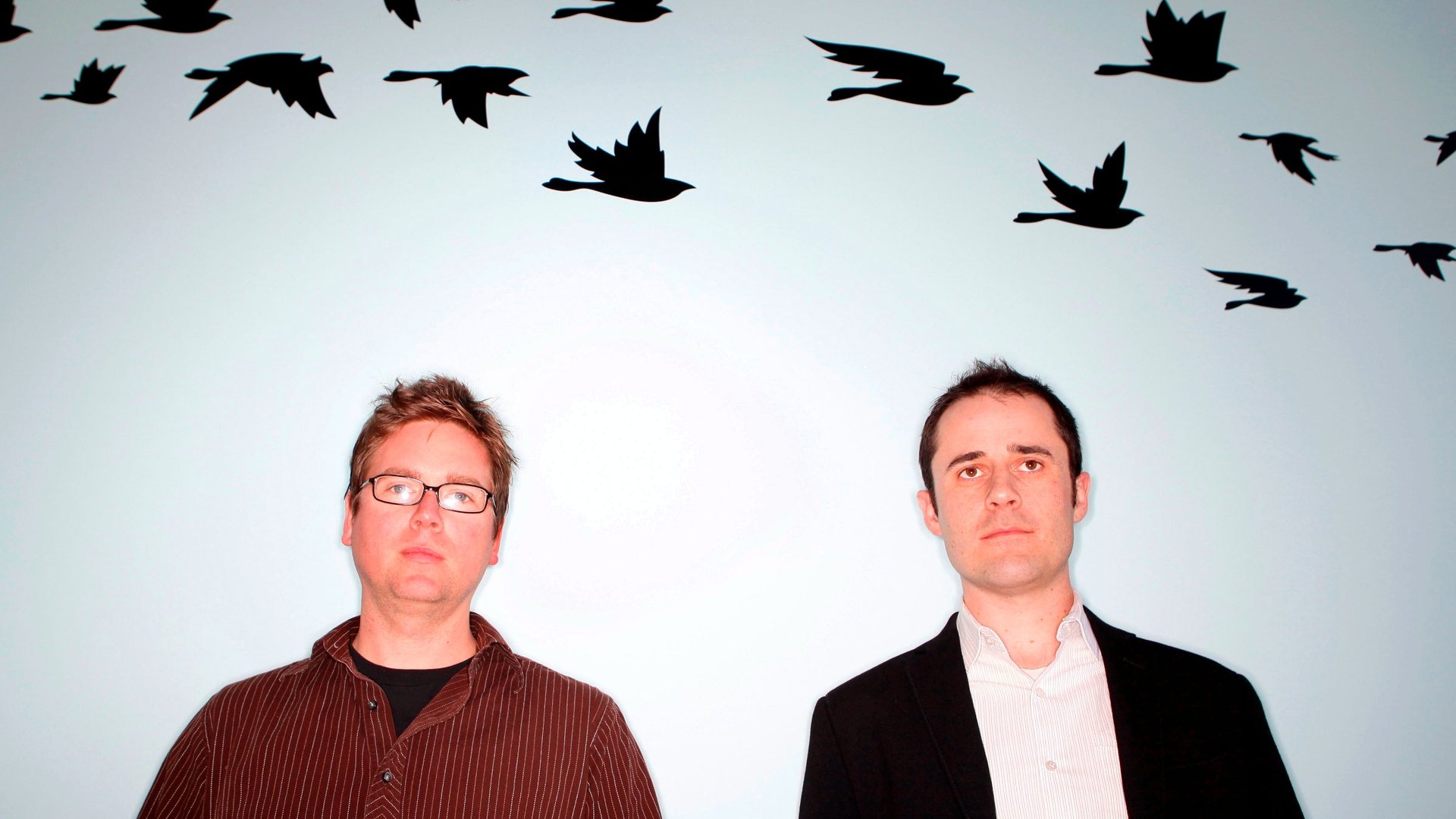Meet the people and funds that stand to profit from Twitter’s IPO
Twitter, tantalizingly close to an IPO, has raised a reported $1.8 billion in equity funding in the course of its existence as a public company. Here are the folks who stand to gain quite a bit from the public offering. Some of the stakes were acquired while Twitter was a small-time side-project of a pivoting startup, while others joined later investments that attracted the biggest names on Wall Street. Bold names own equity.


Twitter, tantalizingly close to an IPO, has raised a reported $1.8 billion in equity funding in the course of its existence as a public company. Here are the folks who stand to gain quite a bit from the public offering. Some of the stakes were acquired while Twitter was a small-time side-project of a pivoting startup, while others joined later investments that attracted the biggest names on Wall Street. Bold names own equity.
Early investors
In 2006, before Twitter was Twitter, it was a side-project of Odeo, a podcasting startup co-founded by Evan Williams and Biz Stone, where third co-founder Jack Dorsey developed the initial idea for Twitter. Today, Williams reportedly has the largest stake in the company, approximately 12%.
The micro-blogging service was spun off into its own company, with funding from Mike Maples, George Zachary and Ron Conway, three Odeo angel investors who kept the faith with Williams’s new venture. After gaining notoriety at the SXSW interactive conference in Austin, the company raised as much as $5 million in July 2007 from the biggest names in the venture world: Marc Andreessen, future CEO Dick Costolo, Naval Ravikant, Greg Yaitanes, Brian Pokorny, and Chris Sacca, along with funds Union Square Ventures and Charles River Ventures.
In 2008, the company raised $15 million from Jeff Bezos’ personal VC fund, Bijan Sabet of Spark Capital, Digital Gargage, a Japanese tech firm, Digg founder Kevin Rose, and four hour work-week evangelist Tim Ferriss, along with previous investors. The next year, Spark and Union Square both exercised options to buy even more equity as the company raised in excess of $35 million from VC firms Benchmark and Institutional Venture Partners.
Some current stock owners came by their funding through acquisitions: Jay Virdy, who ran a real-time search business acquired by Twitter in 2008, shared 10% of Twitter’s stock with his co-founders and investors. That’s also how venture capitalists Josh Felser and Dave Samuel got their hands on Twitter stock: A company they invested in was acquired by Twitter in 2011.
Things get a little more institutional
While Morgan Stanley is expected to miss out on the chance to lead the underwriting of Twitter’s IPO, its venture team snagged a chunk of the company’s equity during a $100 million round later in 2009, along with T. Rowe Price, the mutual fund giant, Insight Venture Partners, and a host of previous investors re-upping their stakes.
But the biggest investment was yet to come: In late 2010, Kleiner Perkins Caufield & Byers led a $200 million round that valued the company at $3.7 billion. They beat Russia’s DST Global to the punch, but by mid-2011 the Moscow-based investment firm had led an $800 million fundraising round.
A secondary market emerges
But what about all those bold-face names from outside the Valley who have a share of Twitter, like the powerful member of Saudia Arabia’s oppressive royal family, Sheikh Alwaleed Bin Talal, or the star of CBS’s oppressive comedy Two and Half Men, Ashton Kutcher?
That’s thanks to a thriving secondary market facilitated by investors like Conway and Sacca, who have the rights to buy and sell shares from Twitter employees or investors looking to cash out. Sacca helped Suhail Rizvi, a private equity manager, plug into the Twitter market by purchasing shares from Williams when he stepped down as CEO and redistributing them to investors like Talal and JPMorgan Chase. British tycoon Richard Branson also found a stake on the secondary market through similar means.